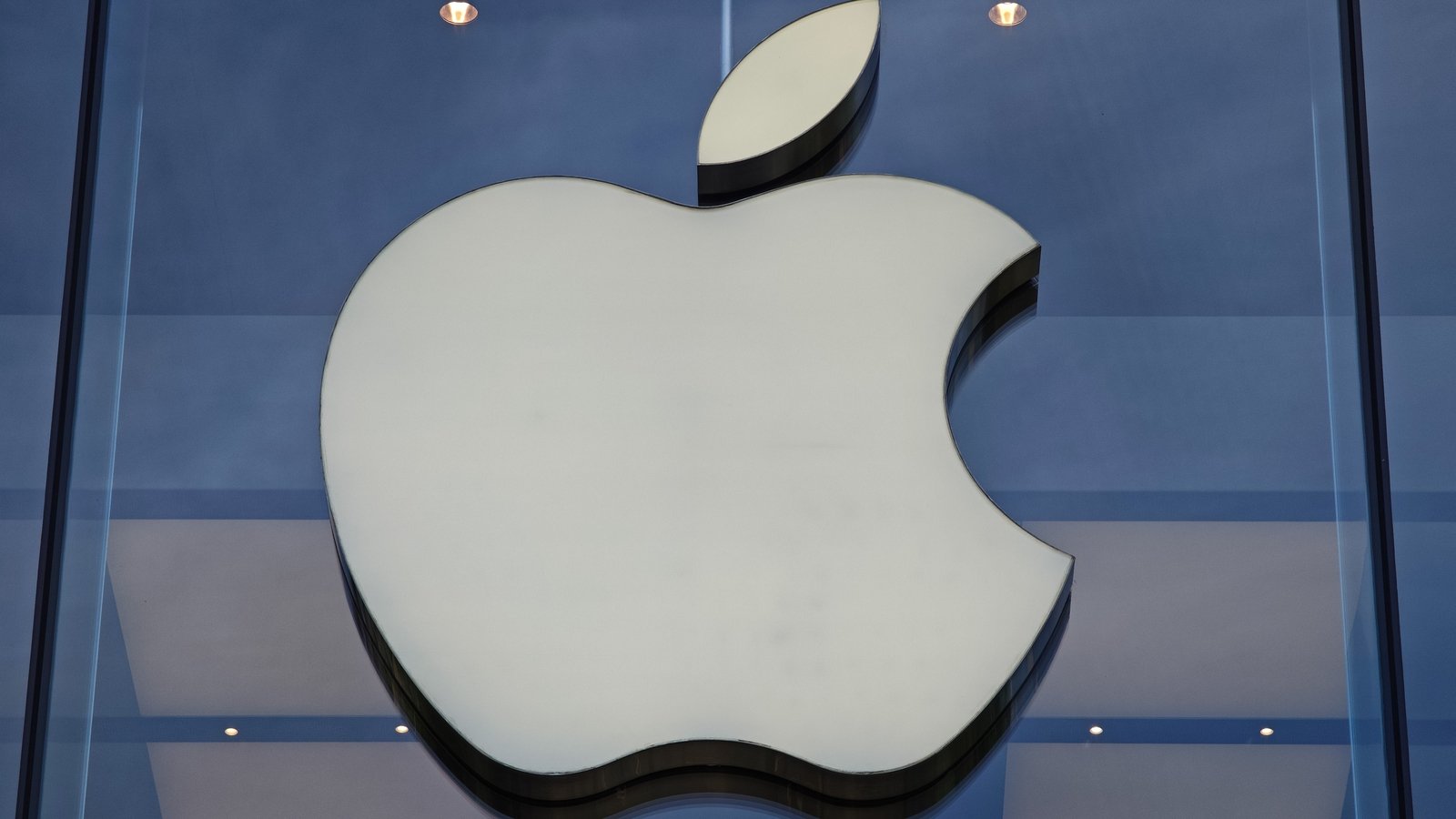There is no doubt that today’s surprise ruling forcing Apple to pay Ireland an eye-watering €13bn plus interest is a significant blow to the State’s reputation.
The Government has tried extremely hard not to receive the Apple money.
The judgment undermines the narrative put forward by this Coalition and previous administrations that Ireland was not a tax haven and there were no special deals.
However, many of the arrangements which facilitated Apple’s deal have now been closed off. This is a message Ireland which needs to spread internationally.
It is a big win for Margrethe Vestager, the European Competition Commissioner who has campaigned on the matter for nearly a decade.
Today she said: “These tax rulings attributed the bulk of taxable profits of two Irish subsidiaries of Apple to what was a stateless head office.”
She added: “These head offices existed only on paper, no tables, no chairs, no activities. The profits were thus not taxed anywhere.”
The big question is what is going to happen to the money now?
It is expected there will be a delay of six or eight months before the funds are transferred so nothing will happen until after the general election. This will be an issue for the next government.
There are three potential options for using the money.
The first one is to pay off some of Ireland’s €223bn national debt.
This will be seen as a sensible, conservative decision but unlikely to win many votes for politicians who advocate it.
The second option is to put the money into two recently established funds set up to save the windfall gains from tax on multinationals.
They are called the Future Ireland Fund and the Infrastructure, Climate & Nature Fund.
The third option would be to spend the money immediately on infrastructure.
Already the opposition is calling for the funds to be spent on housing and schools.
Other infrastructural spending could involve upgrading the water or energy networks. This would be popular with other multinationals and could help to settle nerves after the Apple judgment.
The only danger with immediately spending it is that it could feed inflation, only recently been brought under control.
Another option would be a combination of debt repayment, spending on infrastructure and setting aside some money.
The Government has confirmed it will begin the process of transferring the funds to Ireland, which are currently held in a third party escrow account.
It has also insisted it did not give preferential treatment to Apple.
But clearly it has lost that argument.
Peter Vale of consultants Grant Thornton said: “While both Apple and Ireland vigorously defended the European Commission assessments from the outset, there is no question that Ireland’s reputation suffered as a result of the ongoing case.
“Today’s verdict had the ability to restore that reputation; unfortunately the verdict went the other way.”
But it’s not all bad news. Ireland will benefit from an unexpected windfall.
The issue is finally dealt with, and other multinationals are unlikely to pull out.

